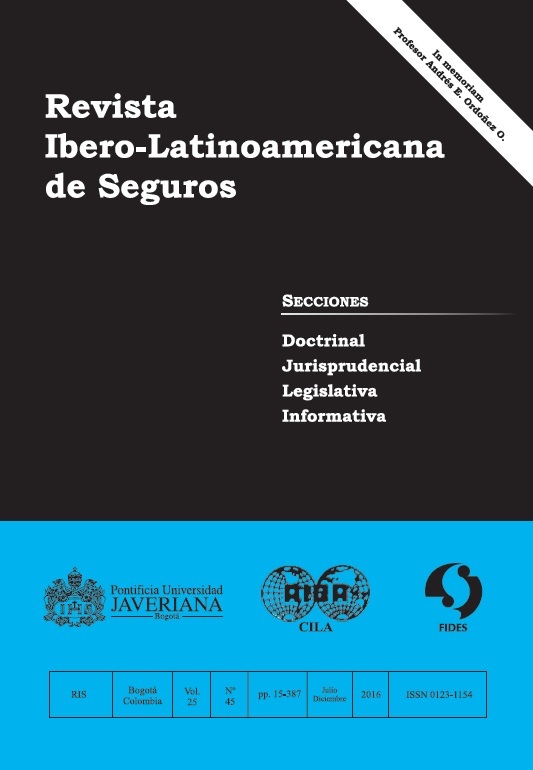Abstract
The proliferation of new types of damage generated as question elucidate whether it is in accordance with the principle of full reparation, which focuses on fair compensation or, on the contrary, there is an abuse.
To ensure a response it is unavoidable to observe the influence of changes of produced paradigms, as it is the constitutionalization of the general private law and civil liability, in particular which gives man as the axis of the right by moving the patrimonial preeminence.
At the same time, to examine the evolution of the various branches of science that study the human being to acquire an interdisciplinary look that will give a greater precision in the conceptualization of the various types of damage.
From it is understood that classic qualifications and classifications of damages do not meet today's requirements, reason by which imposed a new systemisation, justifying it with the analysis of the de-linking of the moral of the psychic damage and the comparison of the damage to the project of life with the loss of chance.
To arrange the just repair, must not indemnify twice the same subject under different names, or you should dismiss a type of prejudice claimed without scientific justification.
This journal is registered under a Creative Commons Attribution 4.0 International Public License. Thus, this work may be reproduced, distributed, and publicly shared in digital format, as long as the names of the authors and Pontificia Universidad Javeriana are acknowledged. Others are allowed to quote, adapt, transform, auto-archive, republish, and create based on this material, for any purpose (even commercial ones), provided the authorship is duly acknowledged, a link to the original work is provided, and it is specified if changes have been made. Pontificia Universidad Javeriana does not hold the rights of published works and the authors are solely responsible for the contents of their works; they keep the moral, intellectual, privacy, and publicity rights.
Approving the intervention of the work (review, copy-editing, translation, layout) and the following outreach, are granted through an use license and not through an assignment of rights. This means the journal and Pontificia Universidad Javeriana cannot be held responsible for any ethical malpractice by the authors. As a consequence of the protection granted by the use license, the journal is not required to publish recantations or modify information already published, unless the errata stems from the editorial management process. Publishing contents in this journal does not generate royalties for contributors.


